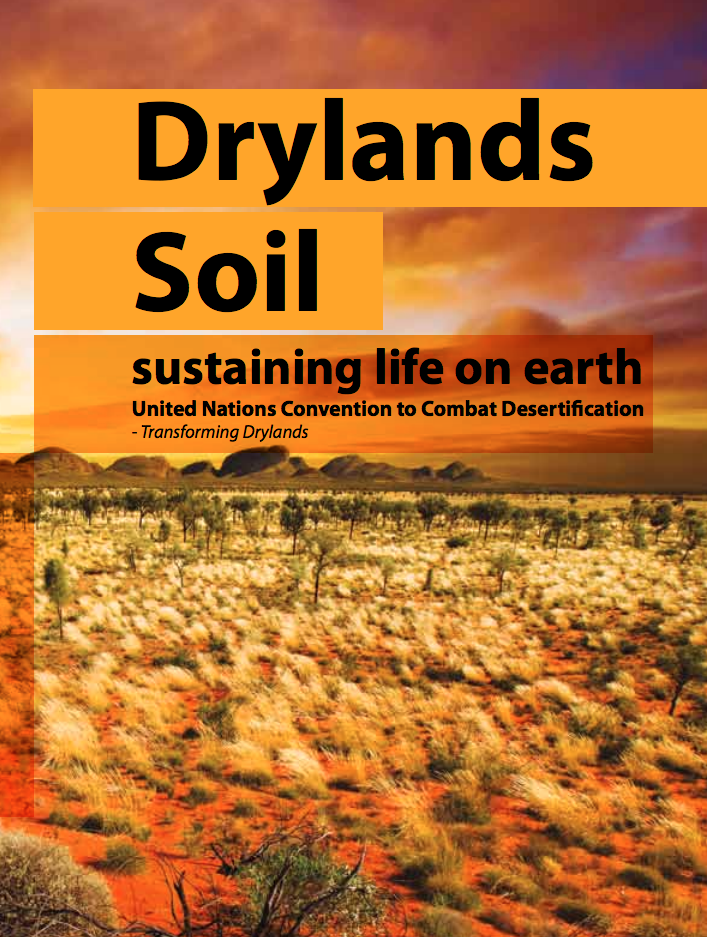Location
The United Nations Convention to Combat Desertification in Those Countries Experiencing Serious Drought and/or Desertification, Particularly in Africa (UNCCD) is a Convention to combat desertification and mitigate the effects of drought through national action programs that incorporate long-term strategies supported by international cooperation and partnership arrangements.
Members:
Resources
Displaying 471 - 475 of 586Tenure rights and benefit sharing arrangements for REDD: A case study of two REDD Pilot Projects in Cambodia
Deforestation and forest degradation account for up to 20% of the total annual anthropogenic greenhouse gas emissions. As a result, current approaches to address climate change include strategies to reduce deforestation and forest degradation in developing countries (REDD). Even though REDD is still under discussion within the UNFCCC framework, many REDD pilot projects are being implemented across the tropics.
The effect of rural land registration and certification programme on farmers’ investments in soil conservation and land management in the Central Rift Valley of Ethiopia.
Land degradation is a major problem in almost all the countries. In most of the developing countries, population pressure and small farm sizes, land tenure insecurity, land redistribution, limited access to credits and limited education are the factors leading to unsustainable land management. In Ethiopia, among many factors, tenure insecurity is considered as a main problem for land degradation. The frequent land redistribution and the changing pattern of land ownership with the change in Government made the farmers insecure of their land resulting in not making land related investments.
Drylands Soil: Sustaining Life on Earth
Often, when people think of drylands, they think of deserts and hostile living conditions, economic hardship and water scarcity. But that is not what drylands are all about. If managed well, drylands are often fertile and capable of supporting the habitats, crops and livestock that sustain the entire global population.
Land: A Tool for Climate Change Mitigation
The Kyoto Protocol negotiated in the mid-1990s to address climate change adaptation and mitigation will be replaced by a post-Kyoto agreement in 2012. The new agreement under negotiation needs to seal the policy gaps in adaptation and mitigation that were omitted or excluded from Kyoto on account of scientific uncertainties. Particular attention needs to be given to the potential of land in all its dimensions considering its high capacity to store carbon. Land stores twice as much organic carbon as vegetation and the atmosphere combined.
Land restoration to combat desertification: Innovative approaches, quality control and project evaluation
Many drylands in the world suffer problems of land degradation and desertification derived from human activities and exacerbated by drought. Too often these degradation processes have been endured by the ecosystems for a long time, and, according to forecasts of climate change, are likely to worsen in the future. Ecological restoration combined with adaptive management can be effective tools in response to this environmental and socioeconomic problem.



